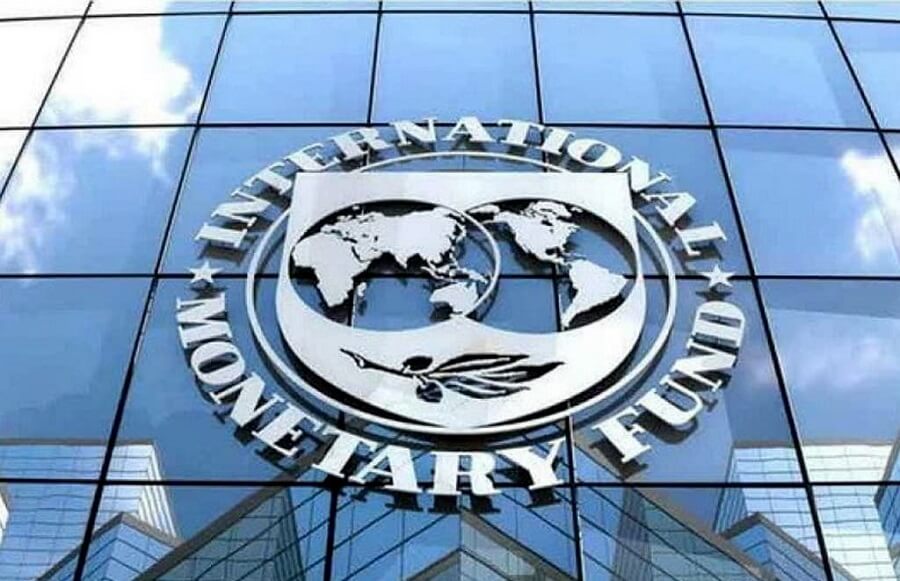‘Too Many Naira Chasing Dollars’— IMF Says Nigeria’s Fiscal, Monetary Policies Too Weak To Boost Forex Earnings
The International Monetary Fund has said that Nigeria’s fiscal and monetary policies are too weak to stimulate the value of the Naira in the foreign exchange market.
It said the country’s economic policies have been creating excess liquidity,which is making it difficult for the naira to stabilize against the dollar.
Advertisement
The IMF position is coming two months after President Bola Tinubu allowed the currency to trade freely.
The Central Bank of Nigeria ended the regime of regulated exchange rates on June 14, prompting a rapid devaluation of the currency.
The new policy responds to president Tinubu’s call for exchange rate liberalisation in his May 29 inaugural address.
It also came less than a week after Tinubu suspended central bank governor Godwin Emefiele from office.
Advertisement
Emefiele, who had been governor since 2014, was closely associated with the elaborate fixed-rate regime, which was part of a wider industrial
Speaking on the development, Ari Aisen, a resident representative for the IMF in Nigeria said the Central Bank transfers to the government are increasing the naira in circulation, depressing interest rates, discouraging savings and deterring the dollar inflows that could boost naira stability,
About N22.7 trillion was borrowed by the federal government from the CBN, through the “ways and means advances. “
Aisen said at a conference in Lagos that, “There are too many naira running after insufficient foreign exchange, The supply of foreign exchange may take some time [to build up].
“Nigeria’s central bank eased foreign exchange controls in mid-June as it sought to simplify its exchange-rate regime and kick-start dollar flows.
Advertisement
“That led to a 40% plunge in the official rate and persistent volatility, with the naira trading between about 750 and 800 a dollar over the last month. What’s more, the spread between the official and black market rates has widened again, reaching 18%, the highest since mid-June when the currency was allowed to trade more freely.
“The volatility seen in the naira is likely to continue for a longer period.”
Even though the Abuja-based Central Bank of Nigeria has implemented the longest cycle of monetary tightening in years, he said raising the benchmark monetary policy rate by more than 700 basis points since May, interest rates still need to go higher.
“Take the treasury bill rates, take all the other rates, it’s very difficult to give the naira a fighting chance,” he said.



